Market Trends
Key Emerging Trends in the Flavored Syrups Market
Vanilla is extensively utilized in the food industry due to its robust essence and its capacity to enhance the overall sensory properties of food products. Beyond its culinary applications, vanilla finds widespread use in various industries owing to its nutritional value. The organic variant of vanilla, cultivated in a chemical-free environment without the use of chemical-laden fertilizers or pesticides, preserves the essential components of vanilla in the final product.
The popularity of organic vanilla is on the rise, driven by its pure and natural form. The dairy industry, particularly involved in the production of natural ice creams, is witnessing a significant demand for organic vanilla. The global market for organic vanilla is supported by the increasing consumer preference for natural desserts, including ice cream, and organic bakery products. The sustained popularity of organic vanilla is attributed to its high demand from industries that prioritize natural and pure ingredients.
One noteworthy aspect of organic vanilla is its antioxidant content, which has captured the attention of researchers exploring the potential health benefits of vanilla beans. The anti-carcinogenic properties exhibited by organic vanilla make it a candidate for medicinal applications. The demand for organic vanilla is not limited to the food industry; it has also found extensive use in personal care products. Organic vanilla extract, with its healing and soothing properties, is incorporated into various skincare and cosmetic items.
In summary, the increasing demand for organic vanilla is driven by its vital components and the growing awareness among consumers regarding the benefits of natural and chemical-free products. The dairy industry, in particular, is contributing to the surge in demand for organic vanilla, as it becomes a key ingredient in the production of natural and organic desserts. Additionally, the antioxidant and anti-carcinogenic properties of organic vanilla are attracting interest from researchers and expanding its applications into the medicinal and personal care sectors. The market share of organic vanilla is expected to witness a steady increase over the coming period, reflecting the broader trend of consumers seeking pure and natural alternatives in various products.
Nevertheless, the proliferation of chemically produced artificial flavors has encountered a hurdle in the form of mounting awareness regarding their detrimental effects. Consumers have become increasingly conscious of the adverse impacts associated with synthetic vanilla, leading to a restrained growth trajectory for these artificial flavors. Notably, concerns have been raised about synthetic vanilla triggering allergies and causing potential long-term side effects, contributing to a shift in consumer preferences.
The evolving landscape of consumer preferences has played a pivotal role in shaping the demand for vanilla. The heightened consciousness about health and a preference for natural and non-genetically modified (GMO) food ingredients have become prominent factors influencing the market dynamics. Consumers, driven by health considerations, are now inclined towards organic vanilla as a safer and more natural alternative.
The adverse health effects associated with synthetic vanilla have sparked a reevaluation of choices among consumers. Allergies triggered by synthetic flavors and the potential for long-term repercussions have underscored the importance of opting for more natural and organic alternatives. As a result, the demand for organic vanilla has witnessed a surge, driven by a discerning consumer base that prioritizes health and well-being.


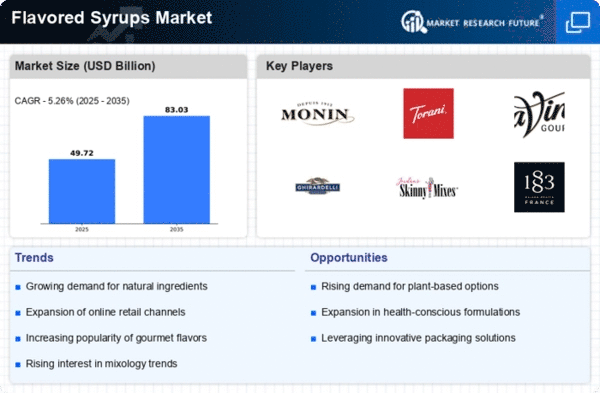

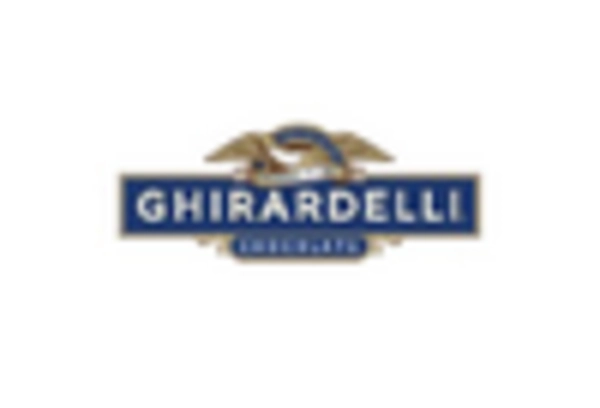
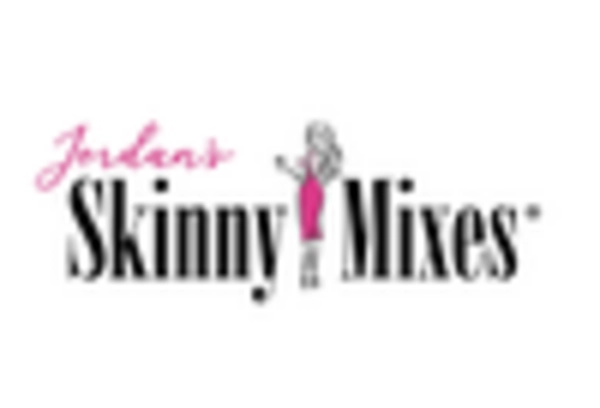
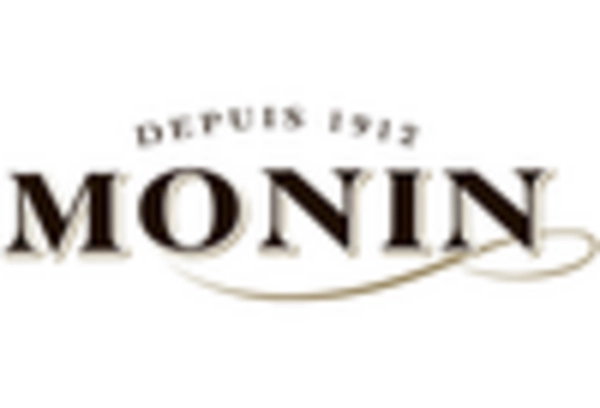
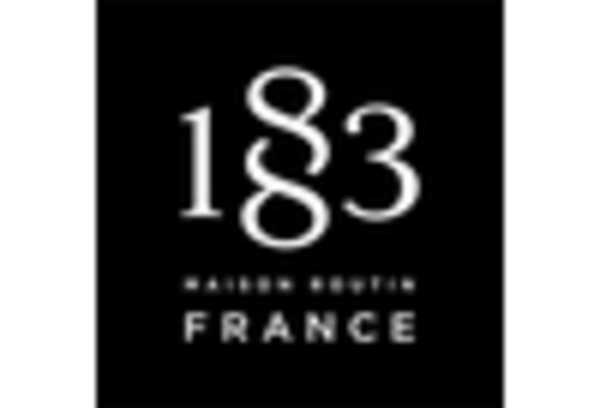
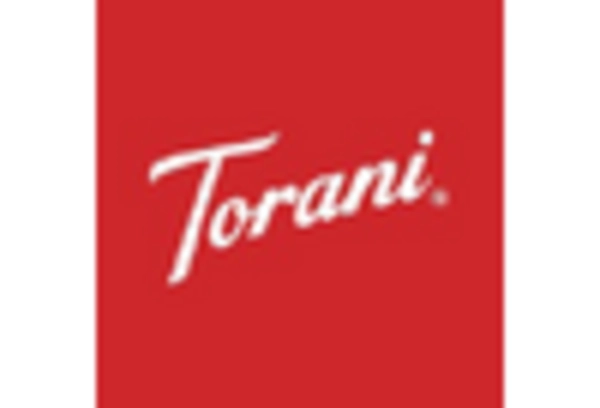










Leave a Comment